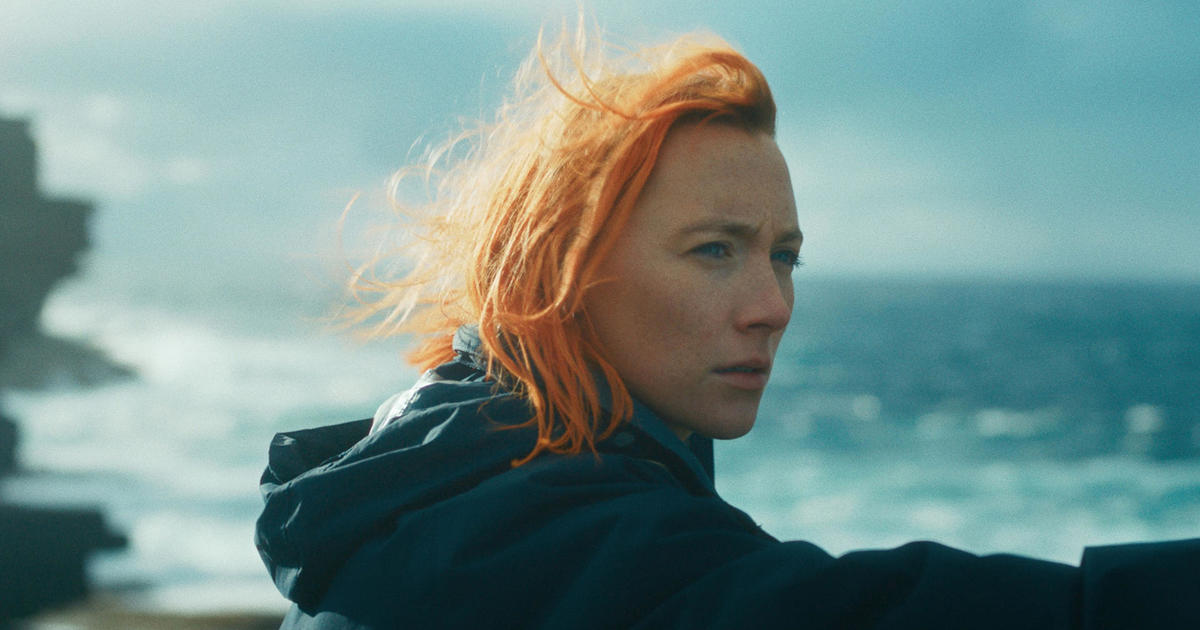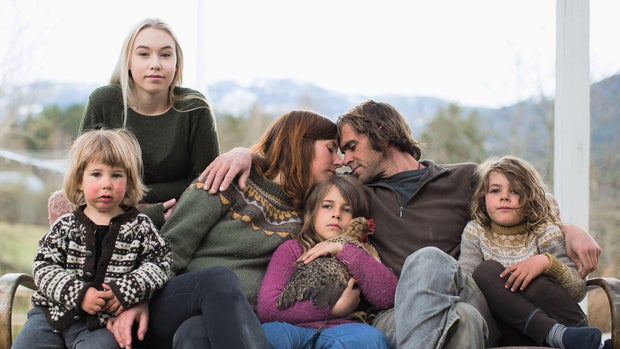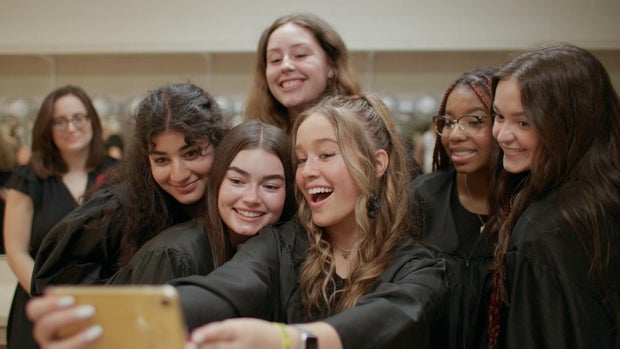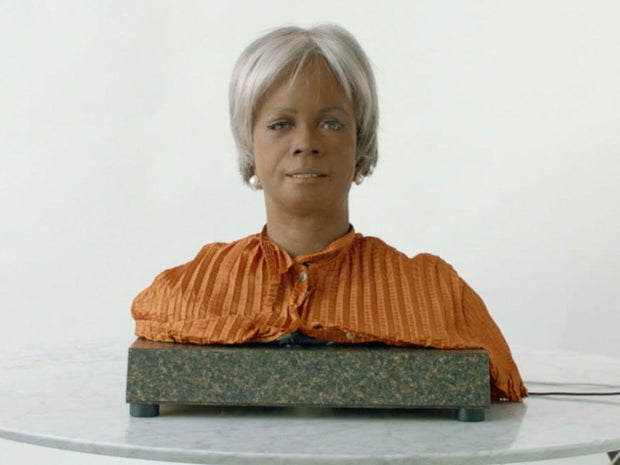The 2024 Sundance Film Festival continues this week with in-person screenings in Park City and Salt Lake City, Utah, and with online screenings available across the U.S. beginning January 25.
Highlights of the opening days of the festival, from among the 81 documentaries and narrative films that are making their bows, are presented below. [More will be published as the festival continues.]
Photo by Tsutomu Harigaya; Courtesy of Sundance Institute
“Black Box Diaries” (World Premiere)
In 2015 Shiori Ito, a young journalist, accused a noted reporter of sexually assaulting her in a Tokyo hotel, but after stalled investigations, police refused to press charges. Nevertheless, she persisted, and in 2017 Ito published a book, “Black Box,” which helped inspire the #MeToo movement in Japan.
In her first film as director, Ito documents the investigation she waged, not just against the perpetrator but also against a justice system that had failed her. [She believes his connections with then-prime minister Shinzo Abe protected him.] The very public and polarizing civil case she later brought (for which she was counter-sued by the accused rapist) would lead her to be included in Time Magazine’s 100 Most Influential People of 2020.
Ito’s account of her suffering, in private and as a public target of trolling, is sadly recognizable, but her stoic pursuit of justice, and her emotional release when she encounters even the smallest expression of belief and empathy, is heartening. And like those advocating for the #MeToo movement in America, Ito – in a society where too many women suffered in silence – helped bring needed change. Her film cruelly illustrates just how tough that road can be. In English and Japanese with English subtitles. 103 mins. Screens in-person Jan. 21, 25, 26. Streams online Jan. 25-28. Theatrical release not yet announced.
Photo by Maria Gros Vatne; Courtesy of Sundance Institute
“A New Kind of Wilderness” (World Premiere)
The second feature film by documentarian Silje Evensmo Jacobsen at first promises to be a bucolic portrait of a family that is living off the grid in a Norwegian forest – Nik Payne, an English father; his Norwegian wife, Maria Vatne, a photographer and blogger; and their blended brood of four children. But early on, tragedy rewrites the script when Maria dies of cancer, and Nik faces serious questions about maintaining the family farm, transitioning away from home-schooling, and transporting his children to England.
Jacobsen’s touching film, which was inspired by Maria’s blog, and which she started shooting after Maria’s death, delves deeply into the relationships between parent and children, and among the siblings themselves, as their world is shattered. Even as grief keeps the family together, it also pulls the siblings apart. Above it all is the recorded voice of Maria, who had herself questioned whether raising their kids in nature was best for them. Beautifully photographed, “A New Kind of Wilderness” is an intimate exploration of the bonds that sustain us after a devastating loss. In English and Norwegian with English subtitles. 84 mins. Screens in-person Jan. 21, 25, 26. Streams online Jan. 25-28. Theatrical release not yet announced.
Apple; Courtesy of Sundance Institute
“Girls State” (World Premiere)
Four years ago at Sundance, directors Amanda McBaine and Jesse Moss presented their film “Boys State,” which tracked Texas high school students participating in a mock government exercise. [It won the festival’s grand jury prize, and an Emmy.] Now they are back with a follow-up, “Girls State,” in which teenage girls in Missouri similarly meet for a week of building a mock government, learning the thrill of victory and the agony of defeat as they campaign for political roles or argue cases before a Supreme Court.
Shot in 2022 shortly after a leaked draft opinion in Dobbs foreshadowed the U.S. Supreme Court overturning Roe v. Wade, the film is rife with passionate discussions over issues like abortion and gun violence. But it also explores how young women navigate political, religious or racial differences. One girl campaigning for governor ponders how to label herself, as a conservative or liberal, if at all. Another, of Nigerian heritage, wonders how to promote herself in a sea of white faces. One of the participants also tracks gender inequities between Boys State and Girls State, as an example of investigative journalism.
The differences between the two programs, and the two films, illustrate the different societal expectations for men and women, and how these ambitious young girls, growing in self-confidence, seemingly face much bigger hills to climb than their male counterparts in order to affect change. Screens in-person Jan. 21, 24, 27. Not streaming online. An Apple Original Documentary. Release date: April 5.
The Outrun Film Ltd – Roy Imer/Courtesy of Sundance Institute
“The Outrun” (World Premiere)
Adapted from Amy Liptrot’s bestselling memoir, “The Outrun” stars Saoirse Ronan as Rona, a recovering alcoholic who retreats from her inebriated life and shattered relationships in London back home to Scotland’s Orkney Islands, in order to free herself from addiction amidst the bleakly beautiful but barren landscapes. In nature she hopes to find an inner peace, one day at a time; but the memories of the past impinge upon her sense of self-control and self-worth.
Director and co-writer Nora Fingscheidt presents Rona’s journey from self-destruction to sobriety in a fascinatingly disjointed, time-shifting manner, where Rona’s changing hair color may be the only clue as to whether she is on the ascent from or descent to rehab. The performance by Ronan (who also produced) presents a woman struggling to accept the impact that her alcoholism has on herself and everyone around her, while capturing, or recapturing, the pleasures to be taken from the beauty of the Scottish Islands. The power of the natural world, which she thrillingly “acts” as if she can control, gives Rona a sense of control that she lacks over herself.
Ronan gives a wonderfully attuned performance that veers from complete disregard for her own dignity to a quiet contemplation and renewed sense of purpose. And in that quiet moment, she learns to extend herself to others without fear – and without the mistaken security to be found at the bottom of a bottle. 118 mins. Screens in-person Jan. 21, 24, 27, 28. Not streaming online. Theatrical release not yet announced.
Courtesy of Sundance Institute
“Ibelin” (World Premiere)
Since he was a child growing up in Norway, Mats Steen suffered from Duchenne muscular dystrophy, a condition that increasingly robbed him of movement. Confined to a wheelchair, he spent much of his time in isolation, inhabiting the World of Warcraft. When he died at 25, his family grieved not just their loss, but the loneliness of Mats’ life. But then, using the password for Mats’ blog, they posted a memorial online – and received an overwhelming response. They soon discovered their son had been a key figure in the international gaming community, with friends across Europe whose knowledge of Mats and his condition had been filtered through avatars.
In this powerfully affecting story of a young man finding an emotional outlet through online connections, director Benjamin Ree (“The Painter and the Thief”) reconstructs the life Mats led while gaming – through home videos, actors’ renditions of his written blog and chats, and animated re-enactments of Mats’ WoW role-playing experiences as the character Ibelin. We also meet the gamers whose relationships with Mats proved to be far more complicated, important and influential than the young man realized, from the autistic student who found inspiration in Ibelin, to the young Dutch woman whose family strife Mats sought to mediate.
While the film documents the tragedy of Mats’ all-too-brief life and the sad irony of his role-playing (he’d spend hours as Ibelin simply running through the WoW landscape, something impossible for Mats in the real world), it is his compassion and willingness to engage others that shines brightest. In English and Norwegian with English subtitles. 104 mins. Screens in-person Jan. 25. Streams online Jan. 25-28. To be distributed by Netflix; release date not yet announced.
“Eternal You” (World Premiere)
In the hands of AI designers, the use of artificial intelligence to help reconnect with a lost loved one can potentially help those grieving the dead to gain solace – or serve as a powerful means to manipulate their emotions for commercial gain. How about subscribing to a service that allows you to “chat” with the spirit of a dead loved one? What if that spirit tells you they are now in hell?
Directors Hans Block and Moritz Riesewieck’s engrossing documentary explores various avenues by which artificial recreations of humans are generated in order to suggest – or actually gain – immortality, from Project December (a chatbot that can be programmed to “converse” in the guise of someone who had passed), to YOV (in which a digital representation of you is created, which can carry on communications and relationships after you die).
As intriguing as the technological advances are, “Eternal You” shows how agonizing the ethical and philosophical issues can be. Seeing a woman’s emotions when she dons virtual reality glasses so that she can see and “hug” her dead daughter feels like a corruption of the divide between life and death. Even the TV producer who created the VR child, sparking a public debate about its propriety, questions whether he did the right thing. In English and Korean with English subtitles. 87 mins. Screens in-person Jan. 21, 22, 25. Streams online Jan. 25-28. Theatrical release not yet announced.
To watch a clip from “Eternal You” click on the video player below:
Photo by Peter Sillen; Courtesy of Sundance Institute
“Love Machina” (World Premiere)
In another example of AI being used to extend human consciousness, “Love Machina” explores the efforts of futurists Martine and Bina Rothblatt to create a robot, Bina48, that is programmed with the memories of Bina, in order to preserve and evolve Bina’s consciousness beyond the lifespan of her body. At first, the artificial Bina seems a coy and uncanny manifestation of the couple’s obviously overpowering love for one another. But as we learn more about their accomplishments, their drive, and their visionary ideas, we better appreciate Martine and Bina’s role in pushing technology beyond mere commercial applications, such as creating life-saving therapeutics and 3D-printed organs.
Director Peter Sillen does an excellent job of presenting this remarkable couple, and the unsettling dynamic between human and robot, in which the concept of artificial intelligence moves beyond mimicry and ever-so-closer to an individual, non-human consciousness. (Tellingly, Bina48’s visit to military students at West Point offers a subtle hint of what the future might offer.) 96 mins. Screens in-person Jan. 23, 26. Streams online Jan. 25-28. Theatrical release not yet announced.
“Sujo” (World Premiere)
After losing his father, a gunman for a local drug runner, to the violence of the cartels in Mexico, the four-year-old orphan Sujo is taken in by his aunt, whose protective embrace on her isolated farm manages to keep at bay those seeking to kill the boy. But as he grows, Sujo extends himself back into the community, where his peers continue to suffer the violence of the cartel. Desperate to avoid following in his father’s footsteps, he seeks escape to Mexico City, to attain an education he’d been denied.
Astrid Rondero and Fernanda Valadez, who share writing and directing credits, previously collaborated on “The Darkest Days of Us” and “Identifying Features.” Armed with a script that avoids predictability, they capture a very naturalistic feel from their actors, creating characters coming of age who fail to fully avoid the darkness that clouds their lives, while the locations and cinematography infuse the film with a spiritual, timeless mood that magnifies the characters’ hopes and despair. In Spanish with English subtitles. 126 mins. Screens in-person Jan. 24, 26. Streams online Jan. 25-28. Theatrical release not yet announced.
To watch the opening scene from “Sujo” click on the video player below:









